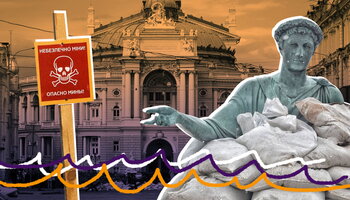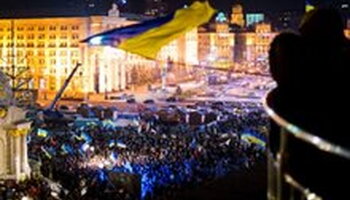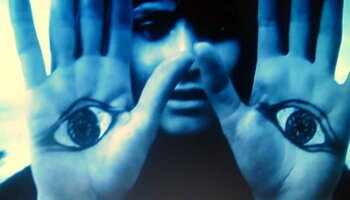Slavic Languages & Literatures
We Condemn the Military Assault on Ukraine
The University of Illinois Urbana-Champaign is the home of many scholars and students who have dedicated their lives to the study of Russia, East Europe, and Eurasia. Many people from Russia, Ukraine, and Belarus live and work in our community. We are devastated by the assault on Ukraine ordered by President Putin . . .
Events
Block Reference
More News
- Professor Harriet Murav appeared with Dr. Gennady Estraikh on The New Books in Jewish Studies Podcast with host Ari Barbalat to discuss their work Soviet Jews in World War II: Fighting, Witnessing, Remembering...
- Slavic Department graduate student Sergei Motov was awarded “judge’s choice” in NYU Jordan Center’s Graduate Student Essay Competition. The competition...
- Slavic Department Head David Cooper appeared on The Slavic Connexion podcast to discuss his recent book, The Czech...


